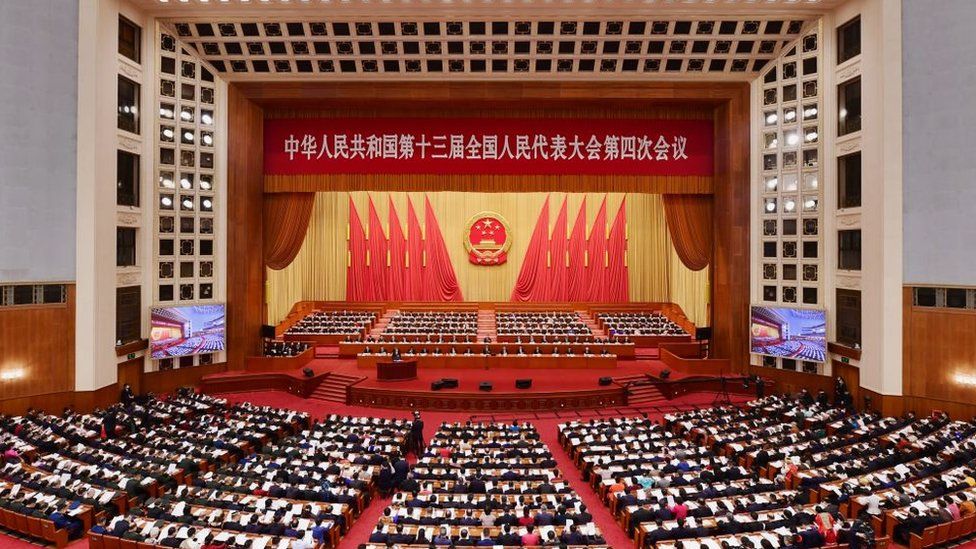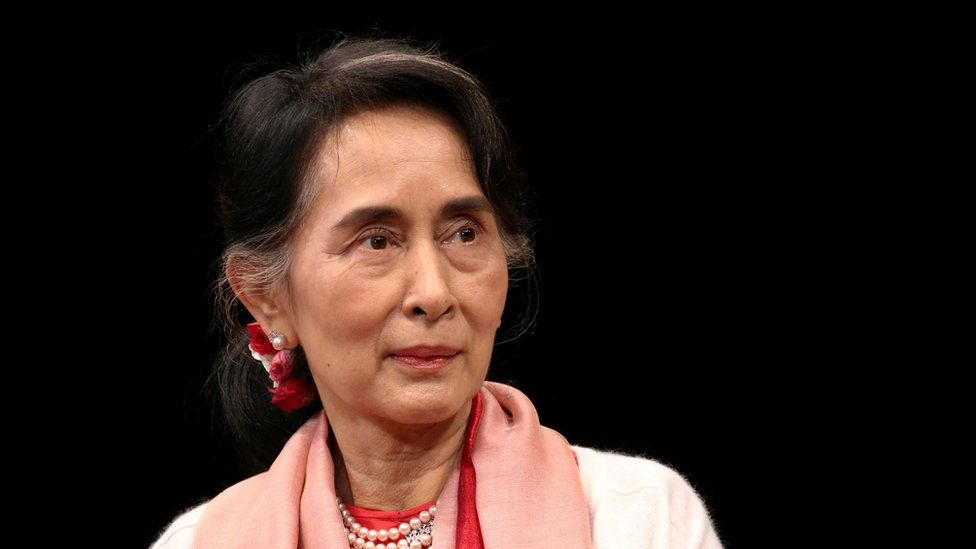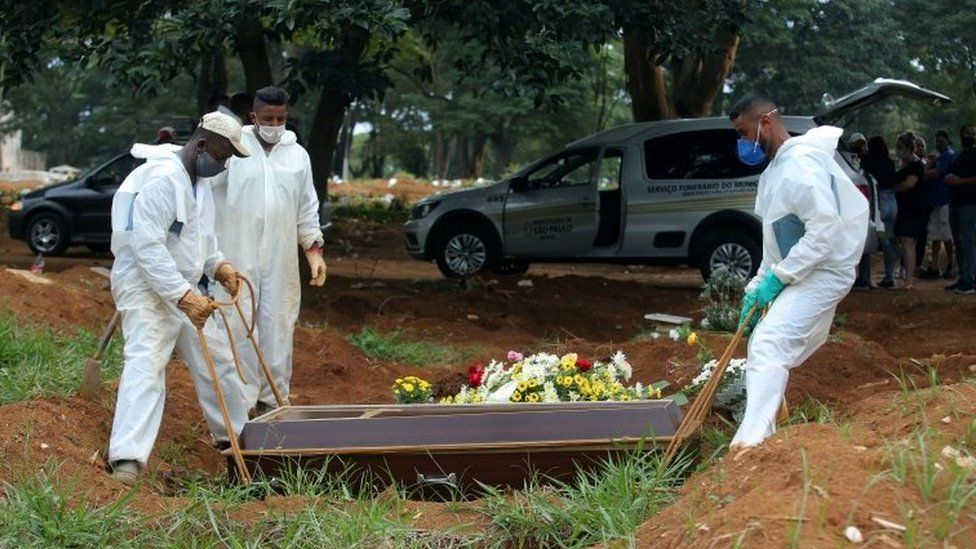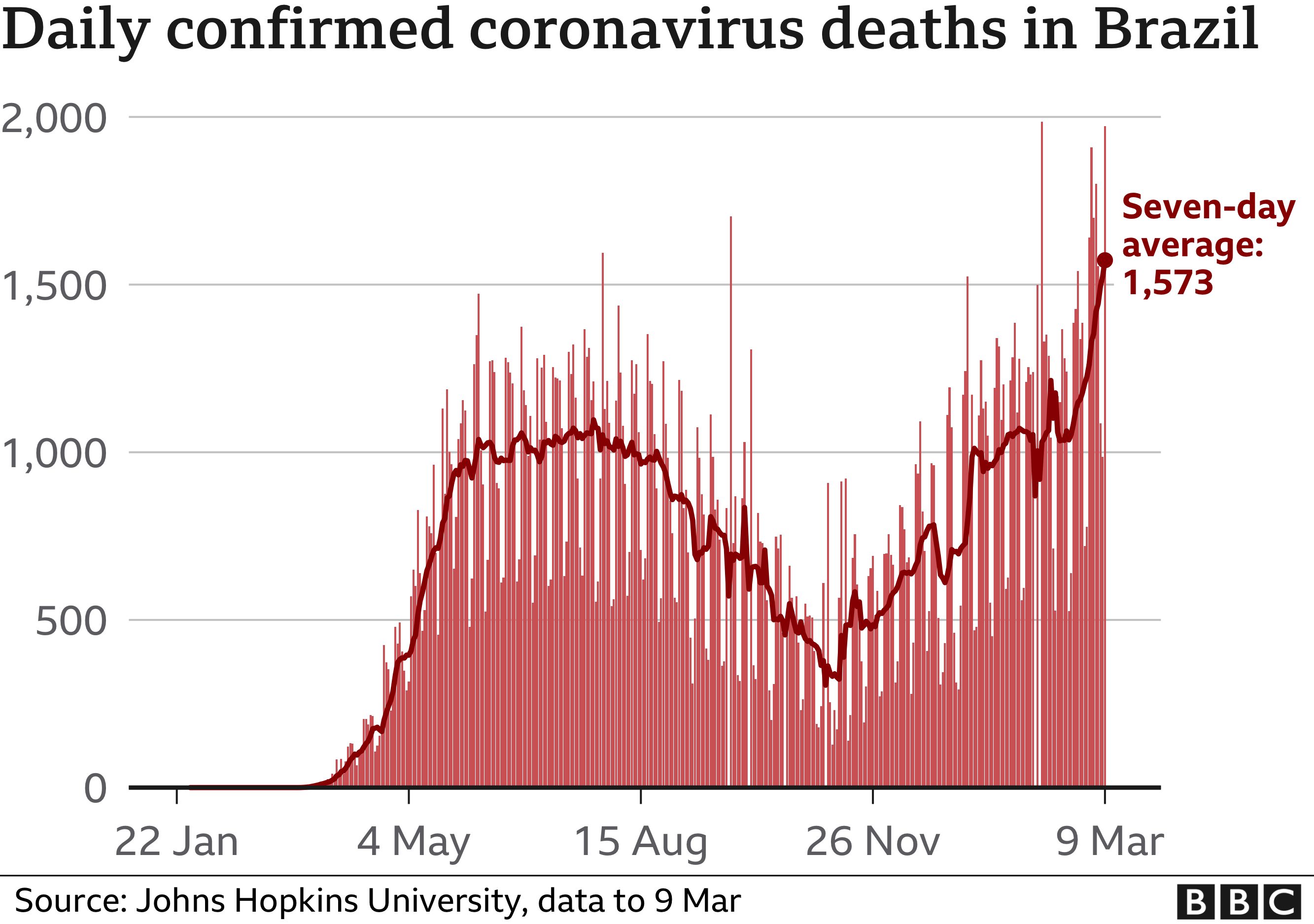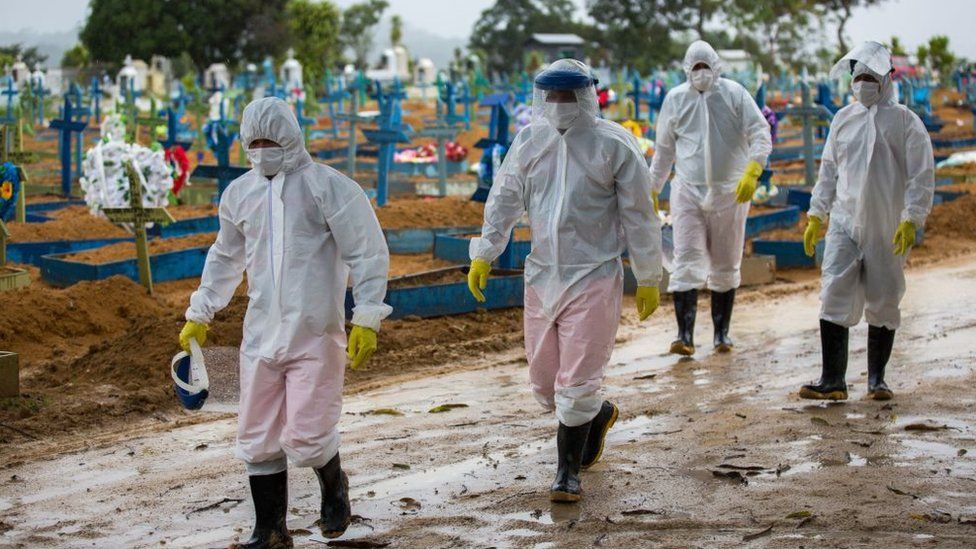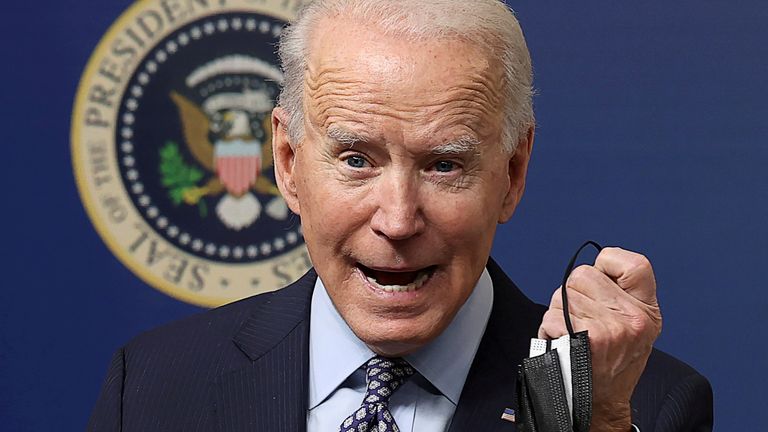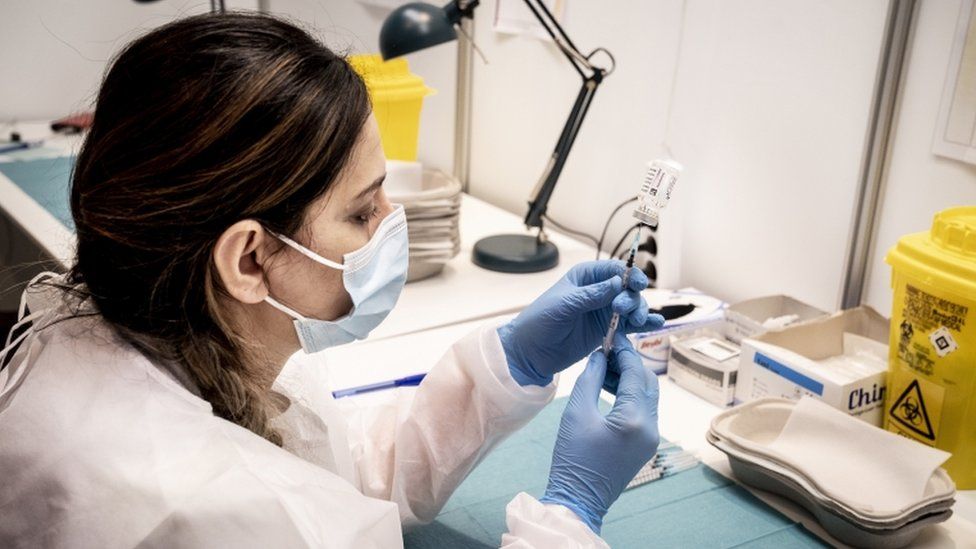
Denmark and Norway have temporarily halted use of the Oxford-AstraZeneca vaccine as a precaution, after Danish reports of some people having blood clots after vaccination and one death.
The EU medicines agency has emphasised there is no indication the vaccine had caused blood clots.
It said the number of cases in vaccinated people was no higher than in the general population.
Several European countries have now stopped using two batches of the drug.
AstraZeneca said the drug's safety had been studied extensively in clinical trials.
"Patient Safety is the highest priority for AstraZeneca," a spokesperson said. "Regulators have clear and stringent efficacy and safety standards for the approval of any new medicine, and that includes Covid-19 Vaccine AstraZeneca." Peer-reviewed data confirmed it had been "generally well tolerated", the statement added.
The series of moves across Europe has come as a setback for a European vaccination campaign that has stuttered into life, partly due to delays in delivery of the AstraZeneca drug. In a separate move, the EU medicines agency has approved the single-dose Johnson & Johnson vaccine, the fourth in the EU.
In the UK, the Medicines and Healthcare products Regulatory Agency (MHRA) said there was no evidence the vaccine had caused problems, and people should still go and get vaccinated when asked to do so. "Blood clots can occur naturally and are not uncommon. More than 11 million doses of the Covid-19 AstraZeneca vaccine have now been administered across the UK," said Phil Bryan of the MHRA.
Which countries are not using the drug?
Austria suspended use of a particular batch of the drug this week when a woman died 10 days after vaccination because of "severe blood coagulation problems". The Austrian doses were part of a batch of one million doses, identified as ABV5300, sent to 17 European countries. Estonia, Latvia, Lithuania and Luxemburg have also stopped using doses from that batch.
The EU medicines agency said its safety committee was reviewing the Austrian case, but made clear that "there is currently no indication that vaccination has caused these conditions, which are not listed as side effects with this vaccine".
No details of the Danish death have been given, but health officials said they were pausing use of the vaccine for 14 days in what Health Minister Magnus Heunicke called a "precautionary measure". Although no link had been established, he said "we must respond in a timely and careful manner" until a conclusion was reached.
Norway's public health institute said it would follow the Danish move to halt all use of the vaccine until the Danish cases were investigated. "We are waiting for more information to see if there is a link between the vaccine and this blood clot case," said Geir Bukholm of the National Institute of Health. Iceland was also suspending use of the vaccine, the chief epidemiologist told public broadcaster Ruv, to "err on the side of caution".
Italy's Aifa medicines agency has now announced that it is banning the use of doses from a batch separate from the Austrian one, ABV2856, as a precaution in response to "some serious, adverse events". Italian reports say a 43-year-old soldier serving in Sicily died after going into cardiac arrest. No causal link had been established with the vaccine at present, Aifa has stressed.

How significant are concerns about the Oxford-AstraZeneca drug?

Officials say they have received reports of fatal or life-threatening blood clots in a small number of people who had recently received a dose of the Oxford-AstraZeneca vaccine. That may sound worrying, but it is not yet known if there is any connection between the two things.
It was on Sunday that a 49-year-old woman in Austria died from multiple blood clots. She had been vaccinated 10 days earlier. Another person who received a shot from the same vaccine batch was also hospitalised for a blood clot in the lung.
As of 9 March 2021, two other reports of thromboembolism have been received for this batch, ABV5300. It contained a million doses and was delivered to 17 EU countries, including Austria and Denmark.
A full investigation into batch quality is ongoing, but a defect is considered unlikely.
Overall, 22 cases of thromboembolic events have been reported among the three million people vaccinated with the AstraZeneca vaccine in the European Economic Area.
Any approved treatment, including vaccines, carries a risk of some side effects for some people, but most are usually mild and severe ones are rare.

https://news.google.com/__i/rss/rd/articles/CBMiMGh0dHBzOi8vd3d3LmJiYy5jby51ay9uZXdzL3dvcmxkLWV1cm9wZS01NjM1Nzc2MNIBNGh0dHBzOi8vd3d3LmJiYy5jby51ay9uZXdzL2FtcC93b3JsZC1ldXJvcGUtNTYzNTc3NjA?oc=5
2021-03-11 11:32:43Z
52781429124065



